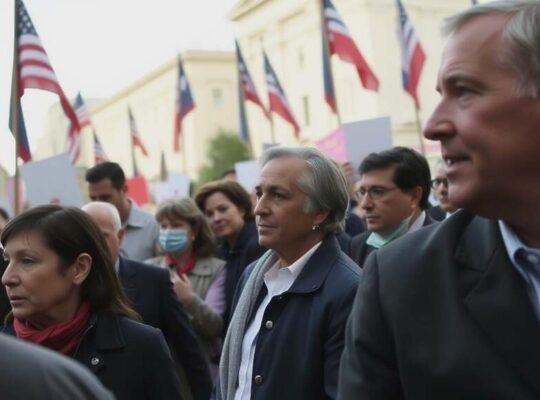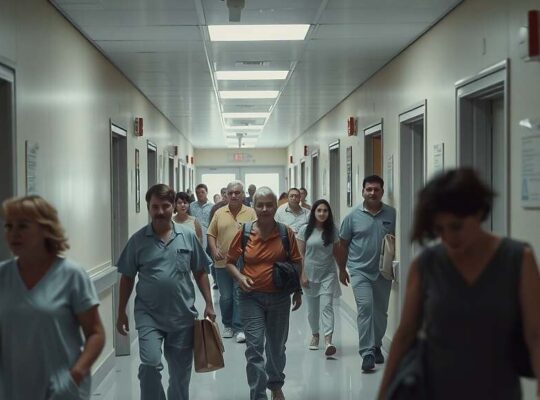The stability of Germany’s pension system is facing a growing political rift, with a prominent faction within the ruling CDU/CSU voicing significant reservations about a proposed stabilization package. Pascal Reddig, chairman of the CDU/CSU’s “Young Group” has publicly declared his group’s inability to endorse the current proposal, signaling potential turmoil within the governing coalition.
Speaking to “Der Spiegel”, Reddig cautioned against a vote without a clear understanding of the potential outcome, suggesting a precariousness that extends beyond the immediate parliamentary process. He emphasized the group’s intention to consult with a broad spectrum of voices, including those beyond the Young Group leadership, who share skepticism towards the proposal, effectively broadening the scope of internal dissent. Reddig stressed the importance of avoiding any action that could jeopardize the coalition’s overall stability, revealing a delicate balancing act between upholding policy and maintaining political unity.
The proposed solution, according to Reddig, involves postponing the vote until April, allowing the Pension Commission to issue recommendations that would then inform a joint decision on the pension packages. Essentially, he is arguing for a period of further deliberation and external input before committing to a potentially divisive course of action.
This internal conflict is being aggressively characterized by the Jusos, the youth wing of the Social Democratic Party (SPD). Jusos leader Philipp Türmer has directly accused the CDU of fabricating a conflict between the SPD and CDU on pension policy, claiming the true disagreement lies within the CDU itself. Türmer alleges that the party’s demands stray significantly from their own stated election manifesto and further criticized the CDU’s leader, Friedrich Merz, for exacerbating the situation, dismissing him with the curt assessment that he is “still learning the job.
The exchange highlights a widening gap between factions within the government, raising questions about the cohesion of the CDU and sparking an escalating rhetoric suggesting deeper ideological disagreements about the future of social welfare policy in Germany. The postponement proposal, if accepted, could provide temporary respite from the immediate tension but does little to fully resolve the underlying fractures within the governing alliance.












